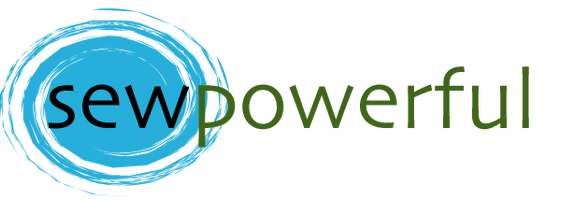Is There A Period Gap?
Let’s discuss school absenteeism and how a lack of hygiene supplies impact girls in sub-Saharan Africa, and in particular in the schools we are working to support.

Education is not freely available to everyone in Zambia. Sadly, girls are the first to be excluded because of extreme poverty. Girls are far more likely to drop out of school due to teenage pregnancy, menstruation, duties around the home, or having to care for younger siblings. There is very little support for girls in these situations.
Across sub-Saharan Africa, 9 million girls between the ages of about 6 and 11 will never go to school at all, compared to 6 million boys. Their disadvantage starts early: 23% of girls don’t attend primary (K-7) schools compared to 19% of boys. By the time they become adolescents, the exclusion rate for girls is 36% compared to 32% for boys.
Poverty is the most significant barrier to accessing an education. But we can overcome this barrier by investing in girls and women. Doing so can improve the health and wealth of an entire nation. When a woman has access to education, she can do amazing things like creating her own business, work in the health industry, run schools, and lead governments. All of these things benefit her and her family and the entire community.
 Studies show that if a girl is educated:
Studies show that if a girl is educated:
- She'll earn up to 25% more per year of secondary school
- She'll reinvest 90% of her earnings in her family
- She'll be three times less likely to become HIV-positive
- She’ll marry later and have a smaller, healthier family
- She’ll invest in her children’s education and support their studies
- She’ll resist gender-based violence and discrimination, and change her community from within
Sew Powerful believes that education is the key to escaping extreme poverty. We have ongoing conversations and have conducted research with students at the Needs Care School located in a very poor urban slum outside the capitol city of Lusaka. Our research proves that it is very common for girls to stay home when they are on their period - simply because they don't have the resources to manage it. It has been documented that girls miss an average of 6 weeks of school a year for this reason. That is a massive systematic disadvantage, and one we have focused on changing after asking, “how can we keep the girls in school?”
The goal of our Sew Powerful Purse program is to provide girls with Menstrual Health Management (MHM) supplies and training. All kids need school supplies to help improve educational achievement. But girls, in particular, have this additional health challenge to overcome.
The 7th Grade Exam is a pivotal academic test in Zambia. We measured exam data at the Needs Care School between 2012-2018. For the three years before our program was implemented (2012, 2013, 2014), the average difference between girls and boys test rates was 8.56%, favoring the boys.

For the four years after our program was implemented (2015, 2016, 2017, 2018) the test score variance was less than 1%. The girls’ scores improved to within statistical parity of the boys’ scores.
Providing MHM supplies is not only working but is helping girls thrive. We can't wait to hear what these girls will contribute to their communities in the future as a result of their solid education.
Our program works – and together we are Sew Powerful.
Source: UNESCO Institute for Statistics (UIS)
